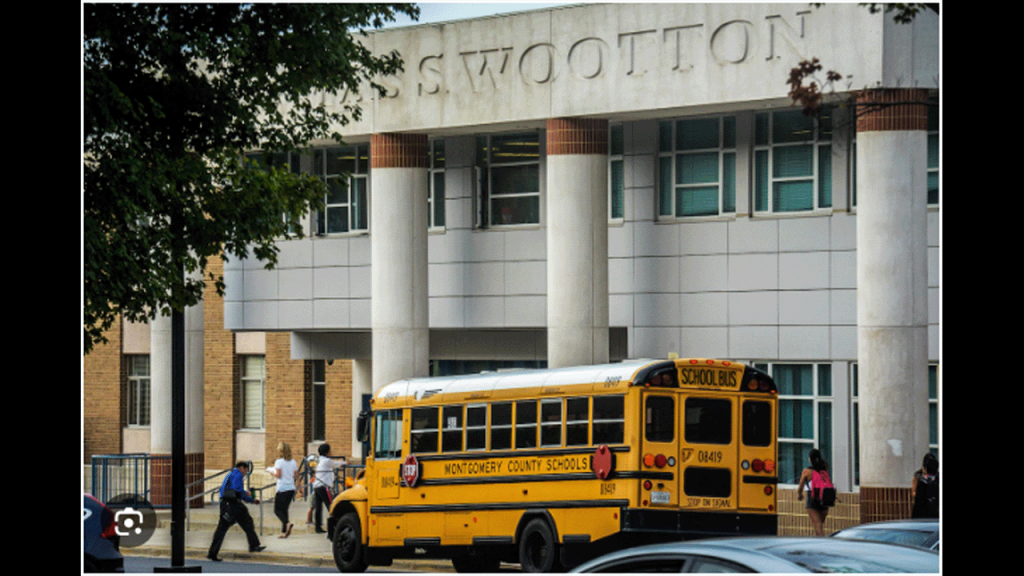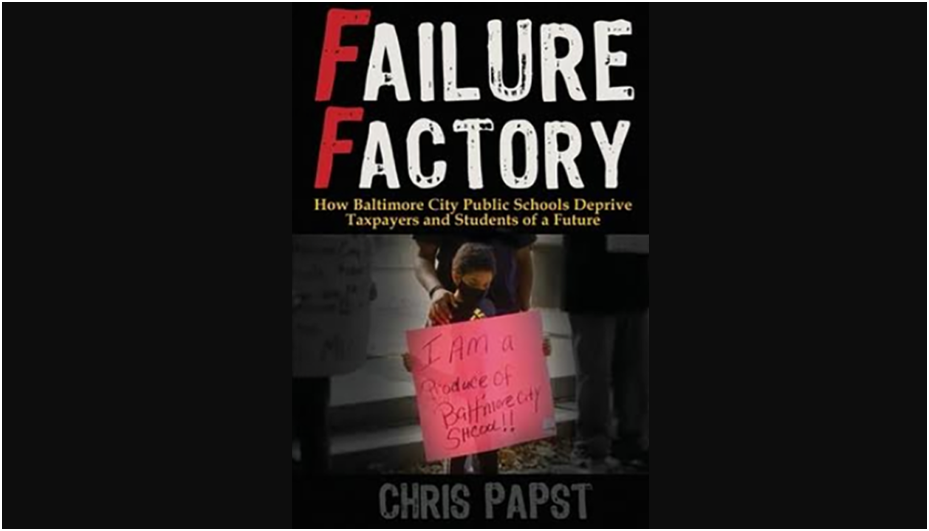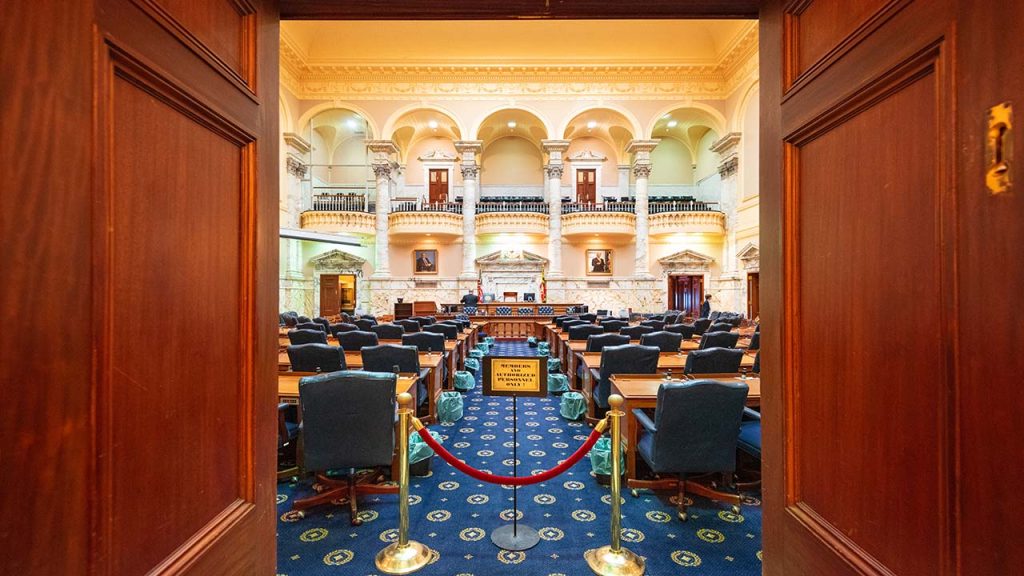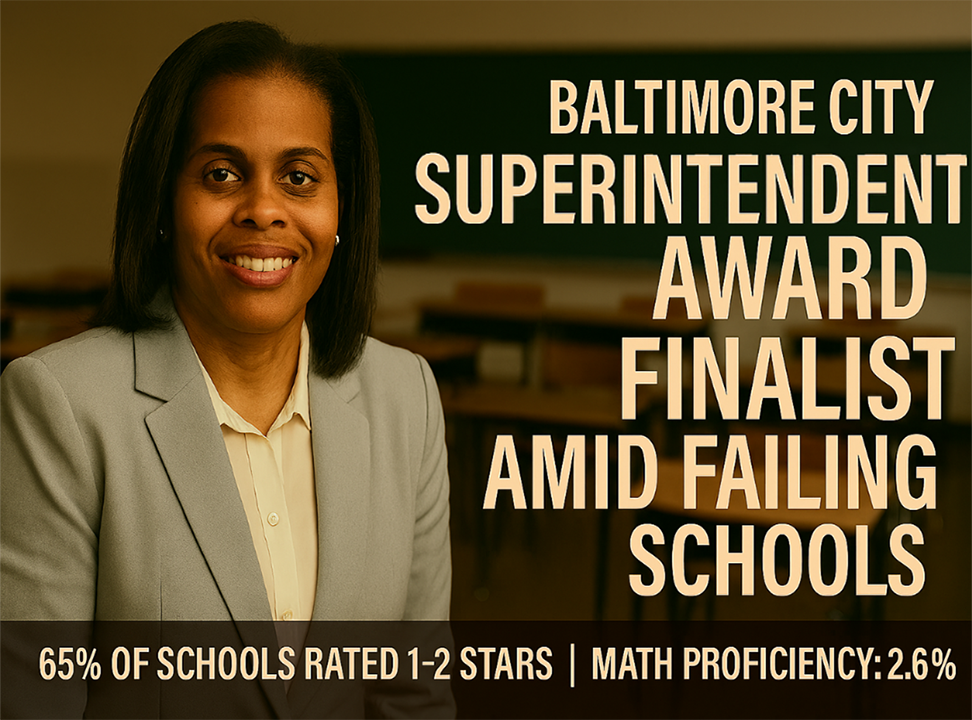

Teacher Exodus: Arizona’s Alarming Attrition Crisis and the Policies That Missed the Mark
The teaching profession is facing a crisis of attrition, with numerous educators leaving the field each year. A recent survey by the Arizona Department of Education sheds light on the key reasons behind this troubling trend, highlighting issues such as burnout, lack of respect, and student behavior problems as primary drivers.
Burnout at the Forefront
The survey reveals that burnout is a significant factor influencing teachers’ decisions to leave their jobs. Over 71% of respondents identified burnout as a crucial issue, underscoring the extreme stress and high demands placed on educators. The long hours, intense workload, and emotional strain associated with teaching are leading many to reconsider their careers, highlighting a pressing need for systemic changes to address these challenges.
Lack of Respect and Student Behavior
In addition to burnout, a lack of respect is another major factor contributing to teacher attrition. Approximately 69% of teachers felt that they were not treated with the respect they deserved, which has a profound impact on their job satisfaction and decision to leave. This sentiment is closely tied to issues with student behavior and discipline, reported by nearly 64% of respondents. Problems in managing classroom behavior not only add to the stress of teaching but also diminish the effectiveness of instruction, further fueling teachers’ frustrations.
Salary Concerns
While salary is often highlighted as a major concern, it appears to be a less dominant factor compared to burnout and respect. Around 62% of teachers cited the need for higher salaries as a reason for leaving, but this was not the primary concern for most. Nevertheless, competitive compensation remains a critical element in attracting and retaining talent in the education sector.
Administrative Support and Proposed Legislation
State schools’ chief Tom Horne has identified administrative support for teacher discipline decisions as crucial for retention. He has advocated for legislation aimed at penalizing districts that fail to back teachers in disciplinary matters. The proposal, introduced by Sen. John Kavanagh, sought to lower the academic standings of schools that did not implement disciplinary actions at least 75% of the time. Despite its introduction, the legislation faced significant opposition and ultimately did not pass.
Criticisms and Controversies
Critics, including some Democrats, argue that the proposed legislation might be used to justify negative perceptions of public schools and bolster arguments for private school funding. There is concern that such measures could be perceived as punitive rather than supportive, potentially exacerbating the very issues they aim to address.
The Importance of Teacher Voice
The Department of Education’s report emphasizes the importance of giving teachers a voice in shaping school systems and expectations. Teachers who feel valued and involved in decision-making are more likely to remain in the profession. By empowering educators and addressing their concerns at the local level, schools can foster a more supportive and effective teaching environment.
Local Solutions and the Governor’s Task Force
Addressing teacher retention requires a multifaceted approach. The task force formed by Governor Katie Hobbs has recommended raising salaries, reducing workloads, and lowering stress levels as key strategies. High teacher turnover not only disrupts classroom continuity but also impacts student learning outcomes. Studies show that teacher effectiveness increases with experience, making it essential to retain experienced educators to ensure high-quality education.
Dig Deeper With Our Longreads
Newsletter Sign up to get our best longform features, investigations, and thought-provoking essays, in your inbox every Sunday.
The MEN was founded by John Huber in the fall of 2020. It was founded to provide a platform for expert opinion and commentary on current issues that directly or indirectly affect education. All opinions are valued and accepted providing they are expressed in a professional manner. The Maryland Education Network consists of Blogs, Videos, and other interaction among the K-12 community.











